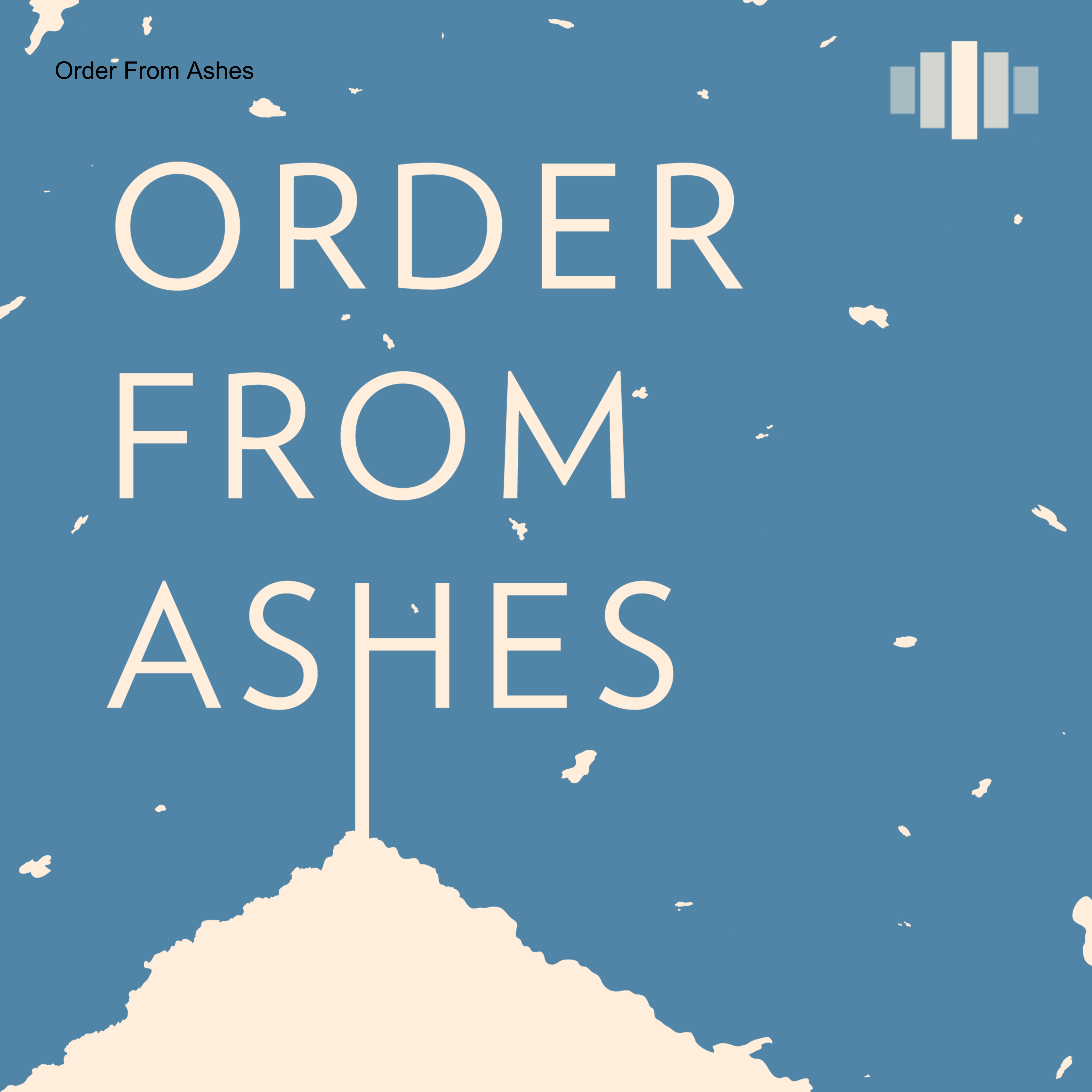- Other
- SEE MORE
- classical
- general
- talk
- News
- Family
- Bürgerfunk
- pop
- Islam
- soul
- jazz
- Comedy
- humor
- wissenschaft
- opera
- baroque
- gesellschaft
- theater
- Local
- alternative
- electro
- rock
- rap
- lifestyle
- Music
- como
- RNE
- ballads
- greek
- Buddhism
- deportes
- christian
- Technology
- piano
- djs
- Dance
- dutch
- flamenco
- social
- hope
- christian rock
- academia
- afrique
- Business
- musique
- ελληνική-μουσική
- religion
- World radio
- Zarzuela
- travel
- World
- NFL
- media
- Art
- public
- Sports
- Gospel
- st.
- baptist
- Leisure
- Kids & Family
- musical
- club
- Culture
- Health & Fitness
- True Crime
- Fiction
- children
- Society & Culture
- TV & Film
- gold
- kunst
- música
- gay
- Natural
- a
- francais
- bach
- economics
- kultur
- evangelical
- tech
- Opinion
- Government
- gaming
- College
- technik
- History
- Jesus
- Health
- movies
- radio
- services
- Church
- podcast
- Education
- international
- Transportation
- kids
- podcasts
- philadelphia
- Noticias
- love
- sport
- Salud
- film
- and
- 4chan
- Disco
- Stories
- fashion
- Arts
- interviews
- hardstyle
- entertainment
- humour
- medieval
- literature
- alma
- Cultura
- video
- TV
- Science
- en
Citizenship: Police Reform Is a Global Industry

For the last decade and more, popular outrage at police brutality has driven mass protests in both the Middle East and the West. Opposition to police excesses\u2014from crackdowns on protests in Egypt and Iraq to the murder of George Floyd in Minneapolis in 2020\u2014has highlighted the need for change.\xa0\nIn this episode of \u201cTransnational Trends in Citizenship\u201d\u2014the new season of Order from Ashes\u2014 anthropologist Hayal Akarsu and sociologist Alex Vitale argue that policing crises around the globe are connected; that is, they are all part of one broad crisis with different local permutations. These permutations may include repressive political policing, long-term corruption and ineffectiveness, everyday policing, or a combination of these, as well as economic factors such as increasing inequality. As awareness of the climate crisis deepens, the role of police in protecting corporate interests may become an increasingly prominent feature of the crisis of policing legitimacy.\xa0\nPolice reform is, more than ever before, a global industry, which circulates experts, tools, standards, models, and training programs. As such, police reform is a key part of foreign policy initiatives, diplomacy efforts, and development programs. A transnational framework enables us to see these connections.\nThis podcast is part of \u201cTransnational Trends in Citizenship: Authoritarianism and the Emerging Global Culture of Resistance,\u201d a TCF project supported by the Carnegie Corporation of New York and the Open Society Foundations.\xa0\nParticipants include:\nHayal Akarsu, assistant professor of anthropology, Utrecht University\nAlex Vitale, professor of sociology, Brooklyn College and the CUNY Graduate Center\nNaira Antoun, director, Transnational Trends in Citizenship, Century International